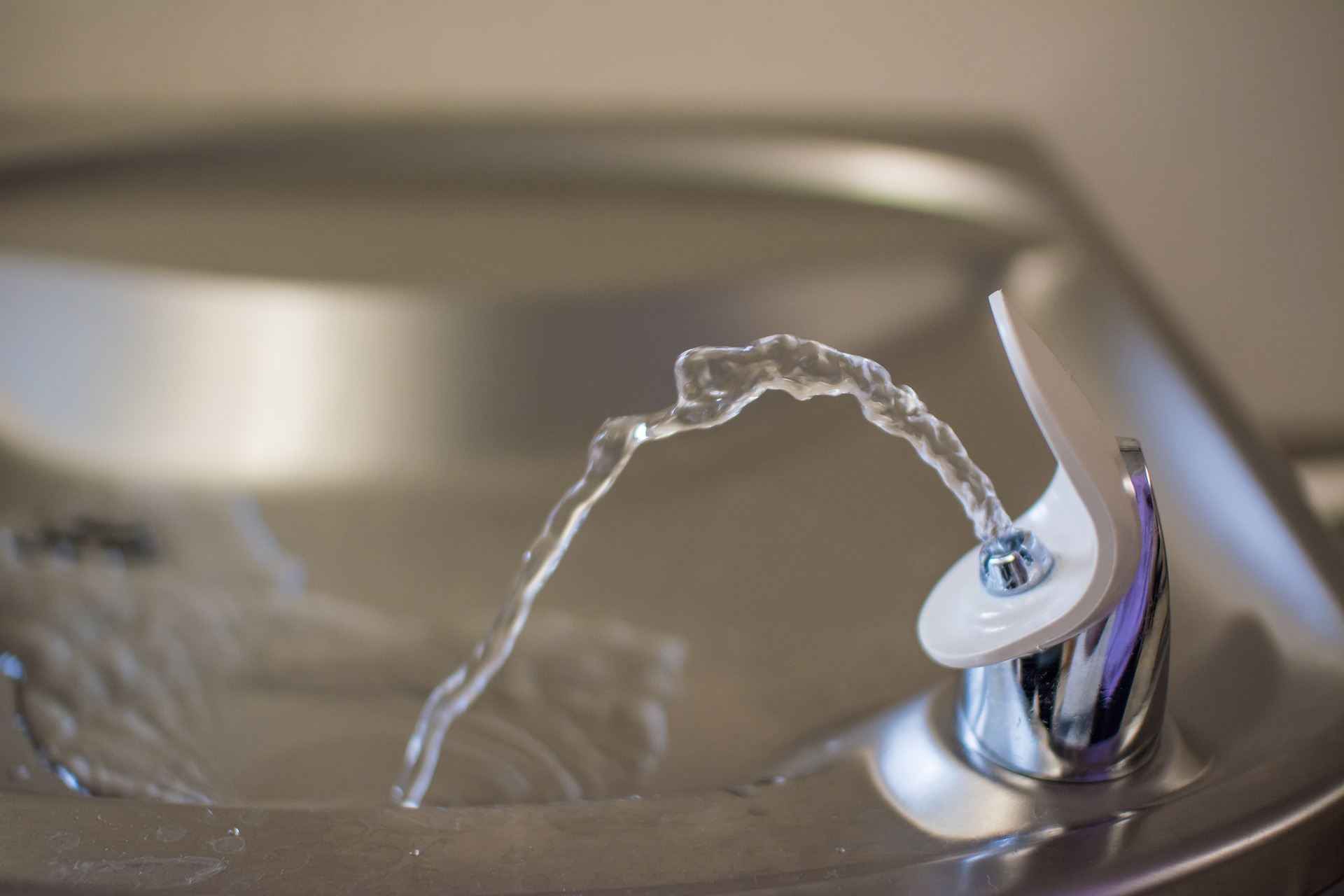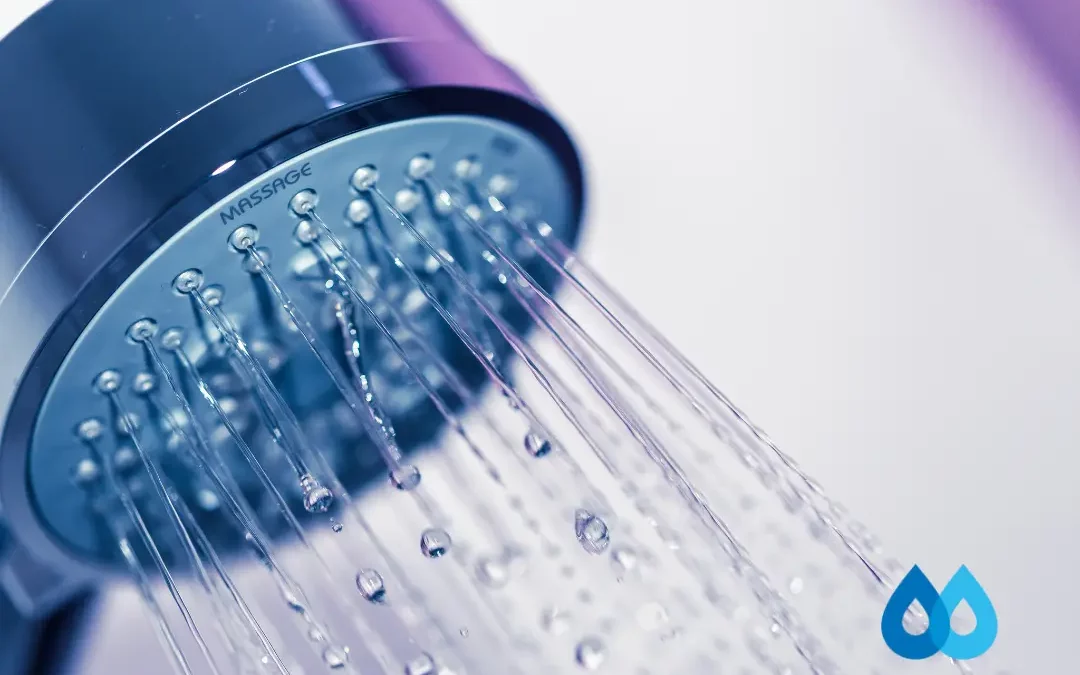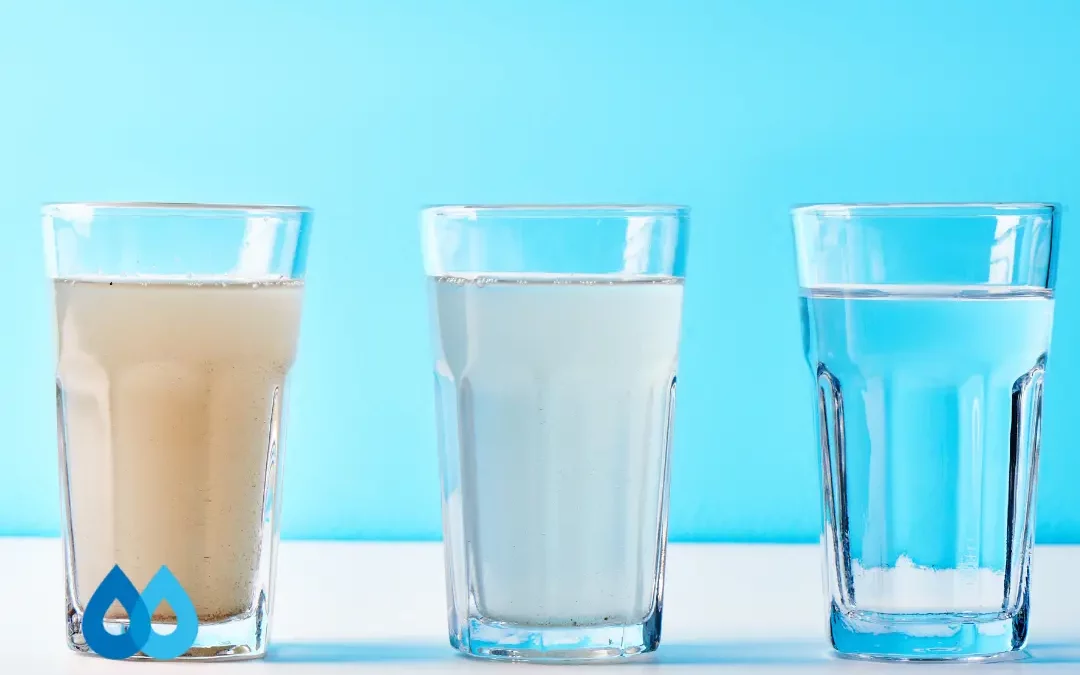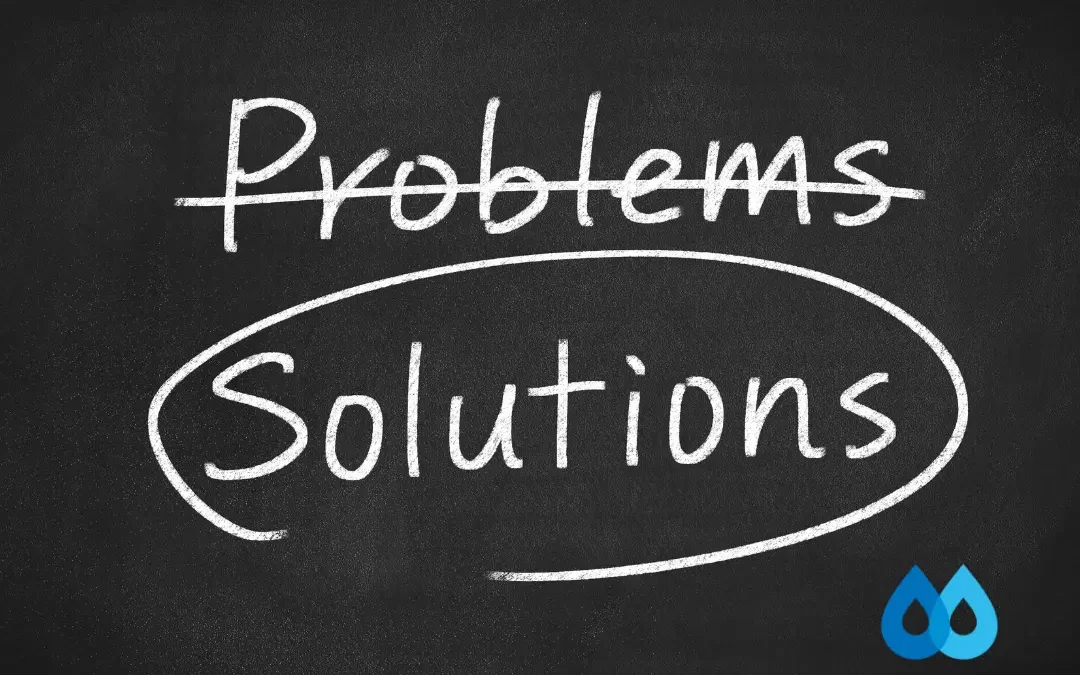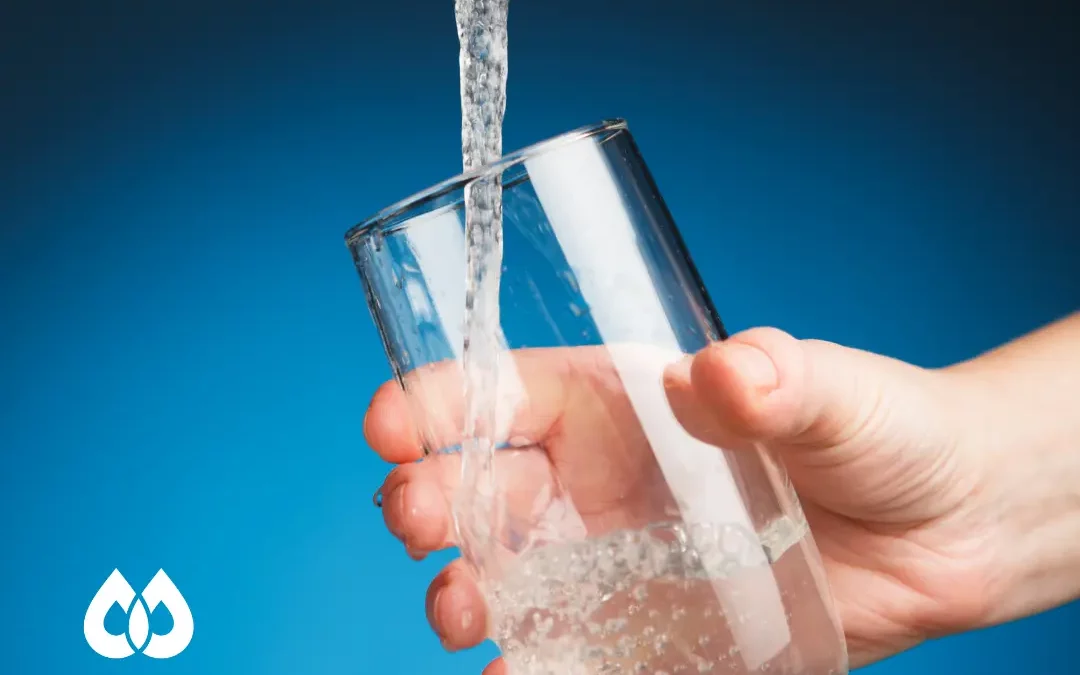As schools around the nation, and even the world, open up or run with hybrid groups, drinking water safety and other preparations are at the top of the priority list. Reopening schools safely includes ensuring children who are returning back to in-person learning have access to vital handwashing, safe drinking water and proper sanitation. In fact, one representative from UNICEF calls these items “critical for the safe reopening and operations of schools in the midst of the COVID-19 pandemic.”
Reopening Schools Safely During the Pandemic
It is likely that your local schools have plans in place for student safety, particularly when it comes to clean drinking water, drinking water access and other protocols. Have you checked to see how your school will handle water for your child? Are there water fountains? Bottled water? Are there handwashing stations?
Around the world, countries are trying new ways of abiding by COVID-19 regulations to avoid outbreaks. UNESCO estimates that almost a billion students are facing either school closure or uncertainty regarding their classes at any given time.
Experts say that water, sanitation and hygiene are an issue that schools must continue to address in order to be successful at reopening schools safely. Globally, only 66 percent of schools have access to basic sanitation, and about 407 million children lack access to any type of school toilets. We are fortunate that our children have much more access to better sanitation and better drinking water.
Studies have shown that improved facilities and educating students on proper hygiene reduces the risk of disease and spread of illnesses.
Prepare For School With Safe Water at Home
Many schools have eliminated water fountains and are providing bottled water (not an eco-friendly choice as most plastic bottles are not recycled and end up as toxic waste in landfills or bodies of water…) or encouraging students to bring their own water from home. If your child is bringing their own water from home, consider the quality of your water and if it could be improved.
Relying on your own tap water could mean that it is time to invest in a home drinking water system to avoid drinking water contamination now or in the future. The same may be the case if you prefer your child not drink from any available water fountains in order to reduce their exposure to germs or diseases on surfaces.
Our children matter. Their health and safety matter. Do what is best where you can and we will continue to advocate for and provide drinking water systems that help our public’s safety and health.
